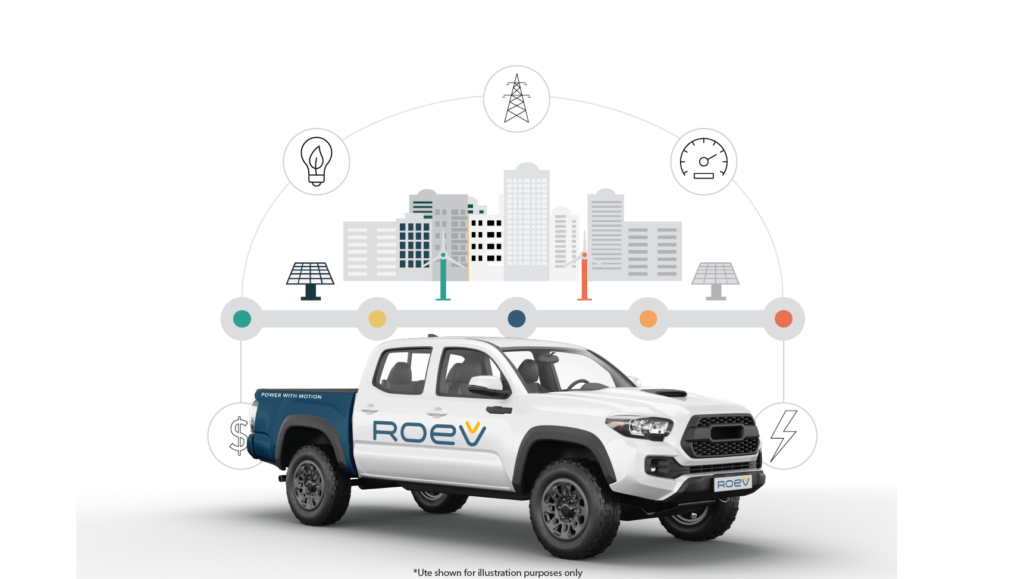
In a recent Gizmodo.au article written by Zachariah Kelly ‘Toyota Slammed by Greenpeace, Ranked dead last on Electrification’, he wrote:
The world’s biggest car manufacturers have been analysed in Greenpeace’s new report, with Toyota put on blast for falling behind on the shift to renewables and decarbonisation.
Greenpeace’s report, Auto Environmental Guide 2022, analysed the top 10 automakers (as in, the 10 companies that produce the most cars for the global market). Toyota, which is Australia’s most popular carmaker, ranked dead last.
On the “scoreboard” you’ll find Toyota last, with 10 points overall, and only 0.18 percent of its 2021 sales being zero-emissions vehicles.
Leading the ranking is General Motors, with a score of 38.5 points and 8.18 percent of its vehicles sold in 2021 being zero-emissions models. There are no General Motors EVs in Australia, but the brand owns Buick, Cadillac, Chevrolet, GMC and Hummer, with most EVs sold in China. It has an agreement with Honda to develop electric cars.
Meanwhile, although Toyota has a partnership with EV battery giant BYD, Greenpeace says that the company has been falling behind on offering ZEVs. The brand offers PHEVs, sure, but these are largely ICE vehicles with tiny electric batteries, still relying on fossil fuels.
Toyota is also preparing to launch its first mainstream EV, the BZ4X.
“Australia is at a crossroads in its electric vehicle transition, as the Albanese Government considers the introduction of fuel efficiency standards,” said Violette Snow, a Greenpeace Australia-Pacific campaigner.
“The International Energy Agency says to get to net zero by 2050, all new cars must be electric by 2035. If Toyota and the petrol car industry don’t support this timeline, how do they think Australia can meet our climate goals?”
You can argue the true overall environmental value of electric cars until the cows come in and I touch on it in another of this month’s articles – ‘The Dilemma – Electric or Hydrogen Fuel Cell Vehicles’, but the positive of Toyota not jumping on the electric car bandwagon as much as some would like, is that it’s opened up opportunities for other companies to benefit and one such company is Brisbane based start-up ROEV.
The following Newdaily.com.au article by Bruce Newton looks at the Queensland company ROEV (Renewable Optimised Electric Vehicles) who will convert Toyota HiLux diesel utes to electricity in 2023.
Fleets of Toyota Utes set to go electric thanks to a small Queensland startup – The New Daily
This certainly appears to be another case of ‘through adversity, opportunities arise”, because it appears that the Roev Hilux’s will be a hit with fleet buyers as this Fleet EV News writes:
